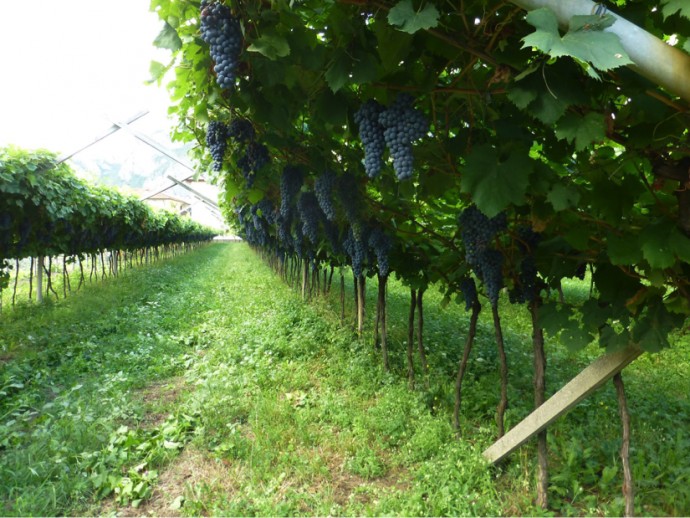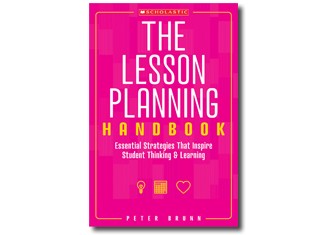As we gear up for the school year, I have been reflecting on my time off earlier this summer. Like many of my teaching colleagues, I count down the days for when I can get away for a summer vacation to relax and recharge. As we recharge, however, thoughts of our students and teaching sometimes creep in at the most unusual but interesting times.
This summer, for example, I got a chance to go to Sardegna. While driving through the countryside listening to my wife talk about which grape vines produce the best wine, I couldn’t help connecting our conversation to student learning. I realize this might seem like an odd comparison, but let me explain. I have never given much thought to the conditions for which vines thrive. I had always known that climate and terroir matter, but as I listened to Keelyn talk, I felt as though I could have been with my colleagues talking about how we set up learning situations so students can learn best. Keelyn explained that in order for vines to produce the most concentrated juice they need to struggle.

Vines gain the most nutrients when their roots have to dig deep into the earth. They actually need to learn how to dig deeper. However, what often happens is that vineyard managers are nervous about losing a crop or not producing enough grapes, so they do what is safe. This means they control every aspect of the vineyard by overwatering through irrigation and utilize tons of chemicals (think Round Up). In other words, they make it easier for their vines to produce.
The result of this approach to vineyard management is the wine has to be wildly manipulated in the cellar. Most of us think that wine is fermented grape juice. We don’t realize that much of the wine on the market goes through massive sets of interventions to be palatable. This means manipulation using mega-purple (dye), reverse osmosis (manipulating alcohol after it is made), adding sugar just before fermentation, and many other tricks.
However, there is an entirely different method to growing grapes than the one I described above. It is called dry farming. Many of the vines I drove by in Sardgena follow this method. It means that the vineyard manager forces the vines to do some work and they intervene as needed. Instead of dousing the vines with water and controlling every aspect of the vines growth, they put the onus on the vine to do the work. These vines produce grapes that don’t need a lot of manipulation in the winemaking process and tend to be a more balanced and better quality wine.
So what is the connection to student learning? There is more (Dweck, 2006, Burkins & Yaris, 2016) and more research about the need for students to be put in learning situations that expect them to be challenged, to solve problems, think deeply, and engage in with content that results in productive struggle, much like the vines.
Several of my colleagues are masterful in working with groups of teachers to help them look at literacy lessons with a different approach. Rather than planning lessons that can be executed without flaw and without struggle, my colleagues focus their conversations on where in lessons students might struggle and what types of scaffolding a teacher might try so that he/she isn’t doing too much of the work for the students.

One of my favorite examples of this approach can be found in Peter Brunn’s Lesson Planning Handbook (Scholastic). He describes a few key aspects of effective lesson facilitation:
Embrace situations where students do not know the “right” answers
Listen to students and explore strategies for becoming a better listener
Present ways to craft and deliver open-ended questions that encourage student thinking
Explore the powerful effect our words have on student thinking and behavior
Just to be clear, Peter isn’t advocating that knowing the right answers doesn’t matter, but as educators we put way too much emphasis on it and devalue the process students need to go through in their learning. I understand the tremendous pressure educators are under to make sure students achieve, but maybe our path to achievement can be broadened.
Think about a time you have learned something at a deep level. What was the role of struggling and grappling in that process? How did your teacher help you? Imagine if every classroom at every level favored inquiry, process, and support at the right time instead of tightly managed lesson experiences. Like the grapes, our students would likely need fewer interventions and the learner would thrive!
